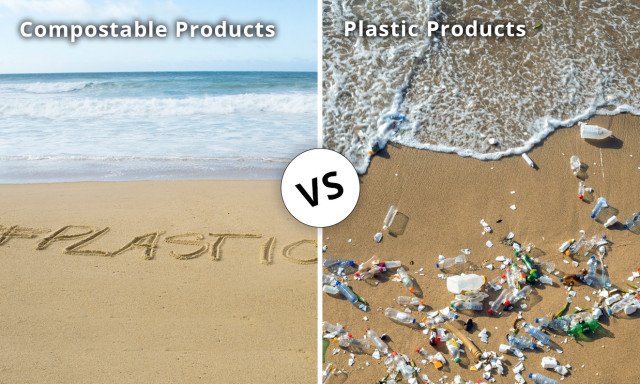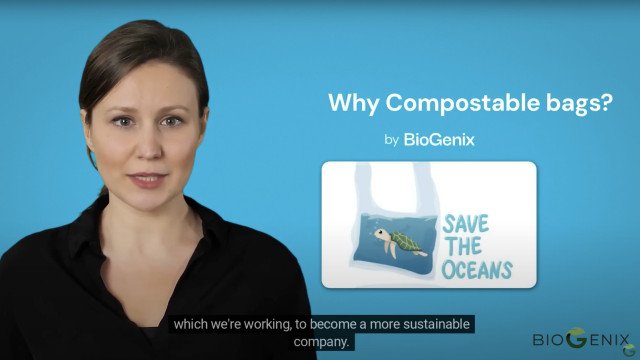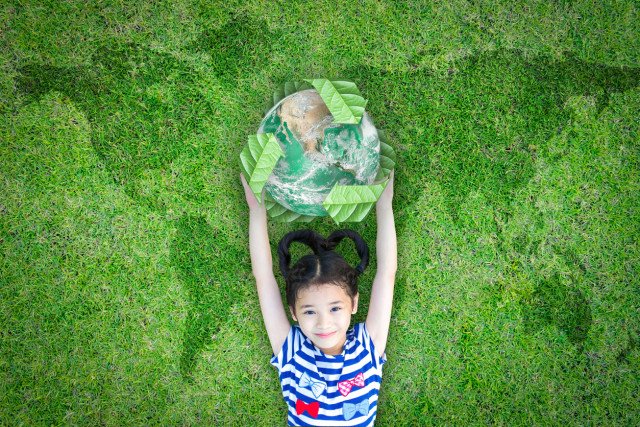From Plastic to Prosperity Compostable Products Leading the Way
- Posted on June 12, 2022
- Nature
- By Elly Blogger
- 531 Views
Discover the incredible journey of transformation as we transition "From Plastic to Prosperity" with the help of compostable products. Unearth the eco-friendly revolution, explore their diverse applications, and learn how these sustainable alternatives are not just reducing plastic's environmental impact but also driving a greener, more prosperous future for all. Join us on this exciting path towards a more sustainable world.

Plastic vs. Compostable Products A Brief Comparison
| Plastic Products | Compostable Products | |
| Materials | Typically made from synthetic polymers derived from petrochemicals. | Made from organic and renewable materials, such as plant-based plastics, paper, cornstarch, or natural fibers |
| Decomposition | Do not easily decompose, persisting in landfills and the environment for hundreds of years. | Break down into organic matter, water, and carbon dioxide when composted under specific conditions, within a matter of weeks or months. |
| Environmental Impact | Contribute to pollution, wildlife harm, and long-lasting environmental damage. | Have a lower environmental impact, reducing pollution, greenhouse gas emissions, and the consumption of non-renewable resources. |
| End-of-Life Options | Limited options, mainly recycling (often inefficient) or disposal in landfills or incineration. | Offer an eco-friendly end-of-life option, enriching soil and reducing waste when properly composted. |
| Durability | Known for durability and resistance to moisture and decay. | May have a shorter shelf life and are less durable, often used for single-use or short-term applications. |
| Applications | Used in various industries, from packaging to consumer goods, construction, and more. | Commonly used for single-use items like food containers, cutlery, and packaging, as well as some agricultural and horticultural applications. |
| Sustainability | Contribute to sustainability challenges and environmental degradation when not managed properly. | Align with sustainability goals, reducing waste, the carbon footprint, and reliance on fossil fuels. |
In summary, compostable products offer an eco-friendlier alternative to traditional plastics, particularly for single-use items and packaging. They help address pressing environmental concerns by reducing waste, minimizing pollution, and promoting a more sustainable and circular economy.
Join us on an inspiring journey into the eco-friendly revolution that's sweeping the world. Discover the innovative world of compostable products and how they are transforming our daily lives while reducing waste and environmental impact.





Write a Response